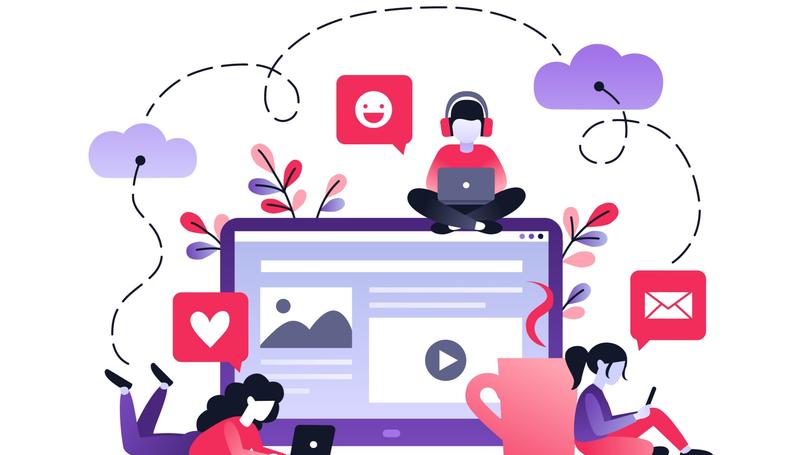News from the world of learning and education — December 2024
Here we are as the year 2024 draws to a close. In honour of this, we have gathered for you the most important and prominent education and EdTech news for December.

While everyone is actively preparing for the upcoming holidays, changes in the market are in full swing, as always. Read about them below.
Development of the new NextGen Bar exam has begun
The NextGen Bar exam, which the US plans to formally introduce in July 2026, aims to improve the quality of law schooling and modernise the licensing of lawyers by moving away from memorising laws and texts to practical skills, such as courtroom work.
It is expected that the NextGen Bar, in addition to testing basic knowledge, will also include a test of legal writing, negotiation, and counselling skills. The exam will involve scenario-based tasks, and the exam itself will take 1.5 days instead of the current two-day programme. According to experts, this exam is more in line with the world's current legal and social landscape and will also initiate modernisation of educational programmes in universities themselves, as their main drawback is still their rigid attachment to theory and lack of practice.
The NextGen Bar exam has already been adopted by more than 29 jurisdictions, including Illinois and Florida. At the moment, California and Nevada have abandoned the innovation in favour of a standardised exam. The NextGen Bar, in turn, is being developed by the National Conference of Bar Examiners (NCBE) and is the first modernisation of the exam in 25 years.
Goa optimises teachers' salary payments to avoid delays
The Goa Board of Secondary and Higher Secondary Education has activated an online payment system for teachers involved in conducting state high school examinations, including jobs related to preparation of relevant papers, their correction and supervision. Thus, the new platform allows teachers to receive instant payments after office hours and ensures maximum transparency and accuracy of transfers.
Conceptually, this platform is part of a system of teacher remuneration to increase their motivation in the face of increased workload during state examinations. Each school has to employ hundreds of teachers every year to ensure proper final certification, for which, of course, additional pay was due, but which, however, was often not received by teachers or was delayed due to the complexity and corruption of the bureaucratic system.
Hybrid education is gaining momentum in India

Specifically, it is about combining online classes with face-to-face school attendance when required. The active development and implementation of hybrid educational models in India is primarily due to the campaign against environmental pollution. For example, in order to reduce damage to students' health, the government has recommended reducing the number of face-to-face classes for which children have to go outdoors, in particular to travel long distances and take long routes around the city.
The school timetable in Delhi, Gurugram, Faridabad, Ghaziabad, and Gautam Buddha Nagar now provides for mixed classes for students from grades 4 to 9 as well as for students of grade 11. The students up to grade 5 take their exams online as well, but for senior students, the exams are offline.
UK hosts classes on Israeli-Palestinian history and relations
In response to recent political developments in the Middle East, an educational project, Parallel Histories, was organised where around 50 pupils aged 13 to 18 were invited on a voluntary basis to Lancaster Royal Grammar School to discuss the history of Israel and Palestine. Boys from the Islamic school also took part, and a joint session explored and discussed key elements of the conflict between the two countries.
The children themselves described the experience as "exciting", and one boy admitted that he was very afraid of saying something stupid, so he preferred to keep quiet. However, the organisers of the project, which is planning other history education sessions with pupils in the UK, noted a high level of engagement and interest in the issue, as well as improved relationships between pupils, despite their cultural backgrounds.












 Spring skills audit: what to remove, strengthen, and “sow” in learning
Spring skills audit: what to remove, strengthen, and “sow” in learning
 9 Career Mistakes Young Professionals Make
9 Career Mistakes Young Professionals Make
 £23 million allocated for the expansion of EdTech Testbed in the UK
£23 million allocated for the expansion of EdTech Testbed in the UK
 Test: How Psychologically Mature Are You? Check Your Inner Foundation.
Test: How Psychologically Mature Are You? Check Your Inner Foundation.
 Test. Check Your Social Media Dependency Level!
Test. Check Your Social Media Dependency Level!
 Test: What Business is Right For You?
Test: What Business is Right For You?
